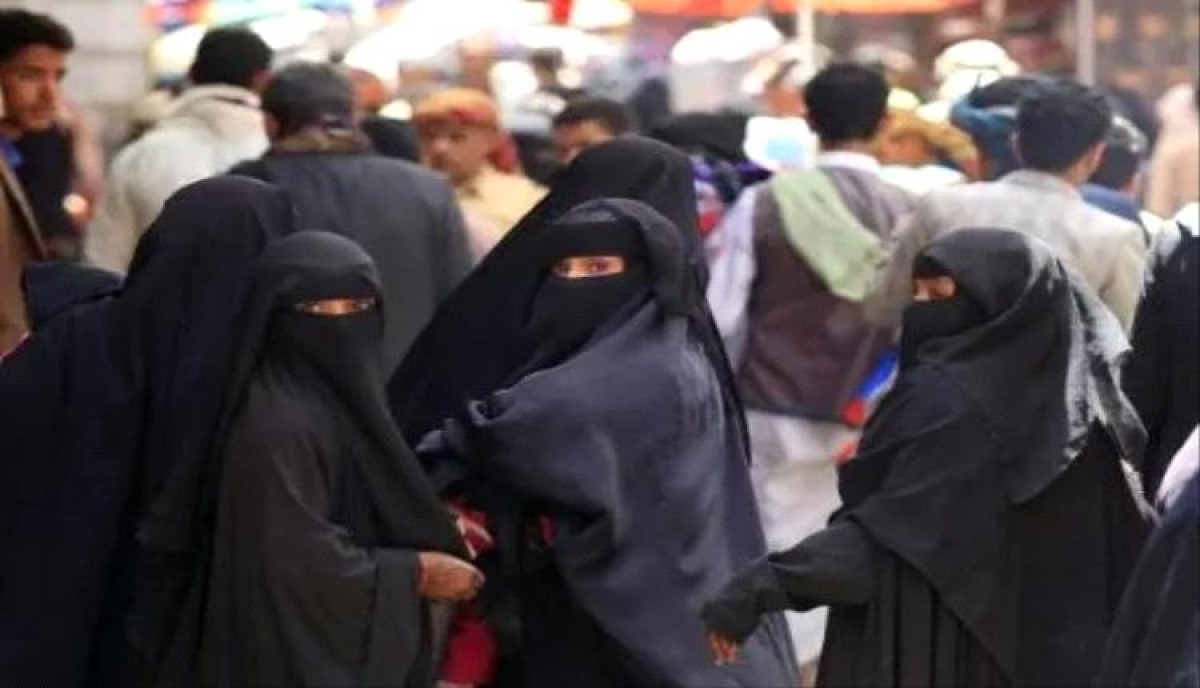“Women” in Houthi-controlled areas... are either Zainabiyah or imprisoned in homes and detention centers


In conjunction with the world’s celebration of International Women’s Day, which falls on March 8 of each year, the freedoms and rights of Yemeni women in areas controlled by the terrorist Houthi militia, Iran’s arm in Yemen, continue to decline in light of the restrictions imposed by this militia on them, which affected their freedom of movement, to find She has two choices: either join the women's arm of the militia called "Zainabiyyat" or remain confined to her homes, and if she raises her voice, she will be arrested.
The “Zainabiyyat” are the armed feminist arm of the Houthi militia, and their mission is to suppress voices opposing the militia’s policies, pursue them, assault them, arrest them, raid their homes, and carry out espionage and intelligence work, especially in places of women’s gatherings, in addition to providing sectarian mobilization classes for female government school students in Sana’a. And its countryside with the aim of attracting other girls to join these military formations.
A United Nations report stated that these restrictions on movement forced many Yemeni women to leave their jobs in local and international non-governmental organizations and United Nations agencies. Because they do not have a relative who can accompany them on their crucial work trip, which deprives them of much-needed income.
These restrictions also affected women's ability to access higher education. In some cases, drivers refused to take women to campus; Because they know what they will face at checkpoints.
The case of human rights activist Fatima Al-Arouli and artist Intisar Al-Hammadi, who have been in militia prisons for years, represents a true reflection of the situation of women in Houthi-controlled areas. Al-Arouli is currently facing a death sentence, while Al-Hammadi is serving a five-year prison sentence with one of her companions, while another is serving a sentence of death. Three years imprisonment.
These rulings were based on charges without proof, evidence, or evidence, as the militias accused Al-Arouli of being an employee, and Al-Hammadi of the crime of drug use, debauchery, and prostitution, a charge attributed to her because of her refusal to join the so-called Zainabiyat.
In this regard, the European Union Ambassador to Yemen, Gabriel Munuera Viñales, expressed the European Union’s deep concern about the restrictions imposed on women’s freedom of movement, especially in the north controlled by the Houthis, and the related restrictions imposed on female aid workers, stressing These restrictions undermine Yemeni women's ability to work, achieve financial independence, and contribute to the delivery of basic humanitarian aid and social services to vulnerable Yemeni populations throughout the country.
While observers believe that, by imposing these restrictions, the militia is trying to justify its crimes and violations against women, such as kidnapping and torture in detention centers, and even rape, murder, and fabricating criminal and immoral charges, as is the case in the case of the artist Intisar Al-Hammadi.